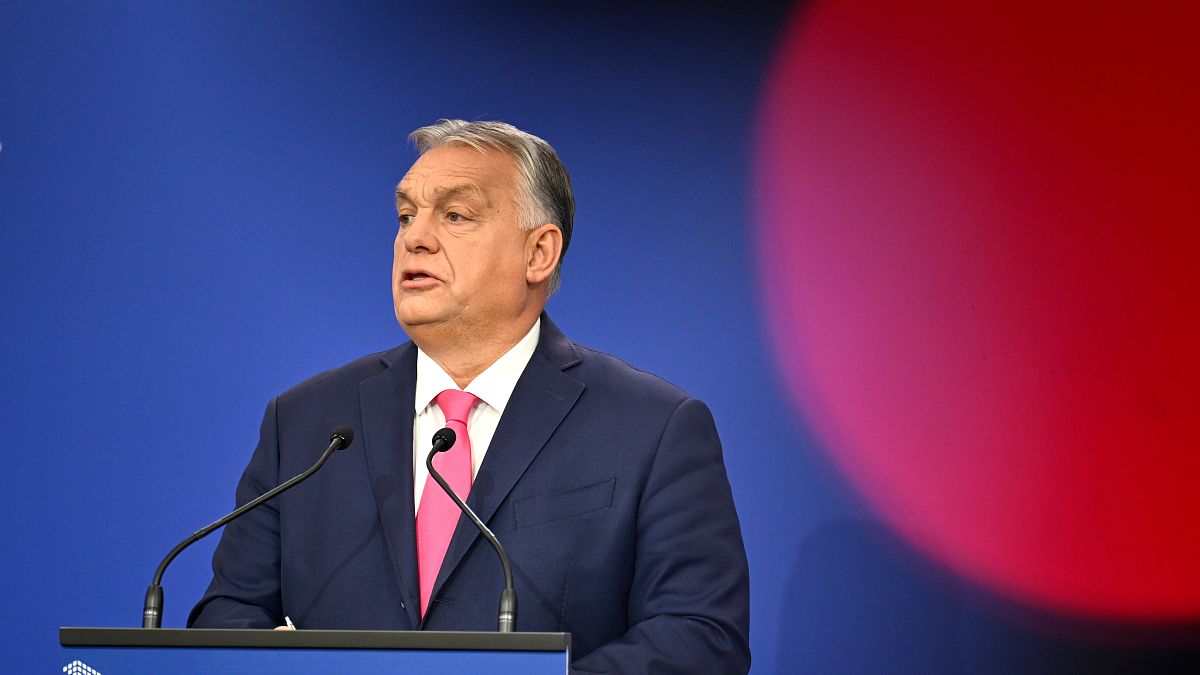Czech cops level charges in megabucks toast EU fraud case
Local media reported that a baking business linked to controversial former PM Andrej Babiš is involved.
Czech authorities charged a company and two individuals with a €3.9 million subsidy fraud after an investigation into an “innovative” new toast bread production line.
The European Public Prosecutor’s Office, which is supervising the case, announced Friday that the suspects are accused of “deliberately” misleading the Czech Ministry of Industry and Trade in order to obtain €3.9 million of EU funds in subsidies.
The Czech ministry paid the subsidy in full from the national budget, the EPPO said.
“The suspects are formally accused of submitting false data and concealing substantial information,” the EPPO added in a press release, while not specifying the names of anyone involved.
Czech authorities seized real estate of the company to compensate for the damage to the national budget, national anti-corruption police said in a statement.
In a striking development, Czech media reported Friday afternoon that the case is related to Penam, a baking business from the Agrofert conglomerate, which was controlled by billionaire agriculture tycoon and former Czech Prime Minister Andrej Babiš.
The Penam company received €3.9 million in subsidies in 2018 for the innovative line for toast production, which an Agrofert spokesman told the Czech News Agency on Friday it had received “in accordance with law and subsidy rules.”
However, in 2022, the Czech industry ministry announced it would withdraw the subsidy from Penam, after it received the results of a European Commission audit.
The Commission said that the “innovative” new toast production line did not qualify for funds for innovation, since the same line was already in use at another Agrofert bakery.
The grant was therefore not reimbursed by the EU to the Czech Republic, resulting in a total loss of €3.9 million from the state budget.
The defendants face between five and 10 years in prison if found guilty. If the company is convicted, the court can impose a fine up to €1.44 million and a confiscation of assets, according to the EPPO.
Agrofert did not immediately respond to POLITICO’s request for comment.
The EPPO said it “cannot disclose the identity of the suspects in our investigations, to respect the presumption of innocence and privacy laws.”
Elisa Braun contributed to this report.
What's Your Reaction?




















































